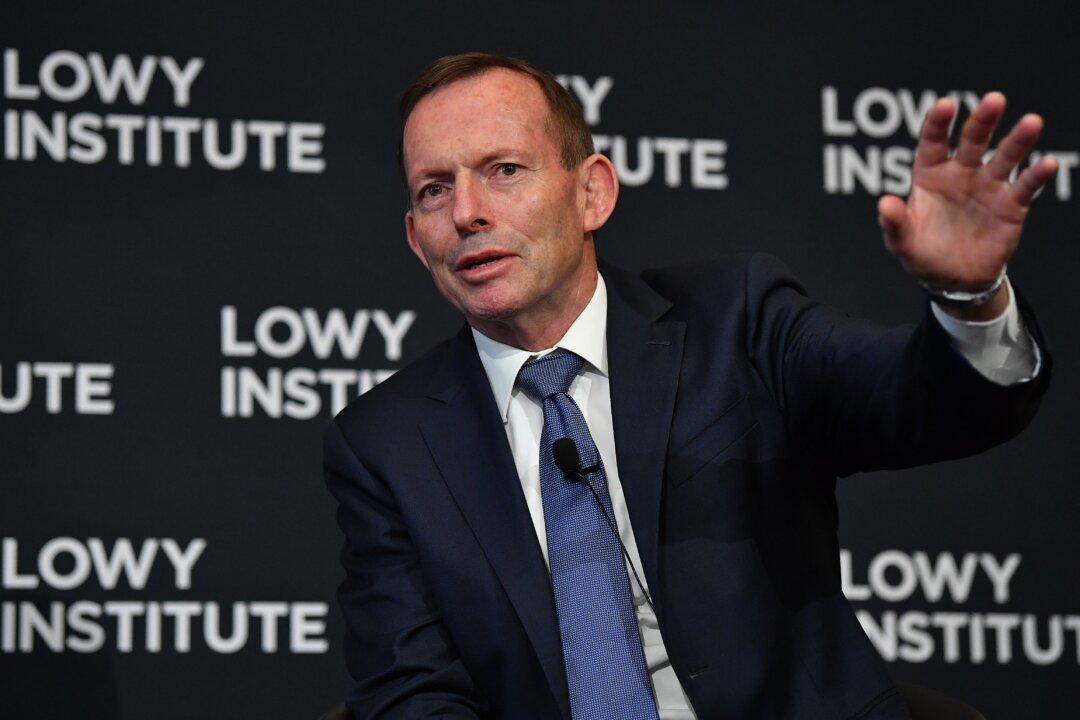Former Australian Prime Minister Tony Abbott has revealed that he is visiting Taiwan with the hopes of ending the island’s isolation on the international stage.
The visit comes amid heightened tensions in the Taiwan Strait with Beijing and ongoing moves by democratic nations to bolster alliances against Chinese Communist Party (CCP) aggression in the region.





